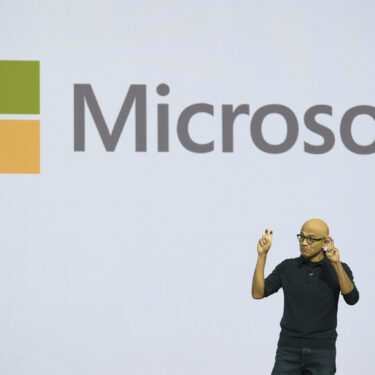Internal documents, data, and interviews obtained by The Associated Press revealed that major U.S. tech firms, including Microsoft and OpenAI, have provided commercial AI models and cloud computing services to the Israeli military—technology that has quietly empowered bombing campaigns in Gaza and Lebanon.
In early 2024, reports began emerging in Israeli media about Israel’s use of artificial intelligence to help select bombing targets in Gaza. However, little information was available, particularly about whether U.S. companies were involved.
Over several months of reporting, AP’s Michael Biesecker, Sam Mednick, and Garance Burke uncovered exclusive details about how Israel was using commercial AI models from U.S. tech giants in its war with Hamas and Hezbollah. This was the first report to reveal Microsoft’s extensive collaboration with Israel’s defense ministry, as well as how U.S.-made models on its Azure platform integrated with Israel’s AI systems. AP’s reporting also linked AI-driven targeting to the wrongful killing of civilians, including a Lebanese family with children.
The AP team interviewed 14 current and former employees inside Microsoft, OpenAI, Google, and Amazon, as well as six current and former members of the Israeli army, including three reserve intelligence officers.
In the U.S., Biesecker obtained internal company data and documents showing Microsoft’s close ties to the Israeli military, including how the use of commercial AI technology increased nearly 200-fold following the Oct. 7, 2023, attack. The documents also revealed never-before-reported details of Microsoft’s confidential $133 million contract with the Israeli military.
In Israel, Mednick secured the trust of three Israeli intelligence officials who had worked directly with the military’s classified AI-enabled targeting systems. She spent dozens of hours traveling across the country to speak with sources, many of whom would only meet in person.
Burke worked her sources in Silicon Valley and globally to highlight concerns about the use of broad-based commercial AI models in warfare, helping to break down the complexities of the technology for AP’s digital audiences. Reporting from Beirut, Sewell contributed details about a controversial Israeli airstrike that killed three young girls and their grandmother.
The judges noted how the reporting combined hard news with a layered narrative and a visually engaging presentation.
For being the first to reveal how major U.S. tech firms empowered Israeli bombing campaigns in Gaza and Lebanon, Biesecker, Mednick, Burke, and Sewell win this week’s Best of AP — First Winner.




